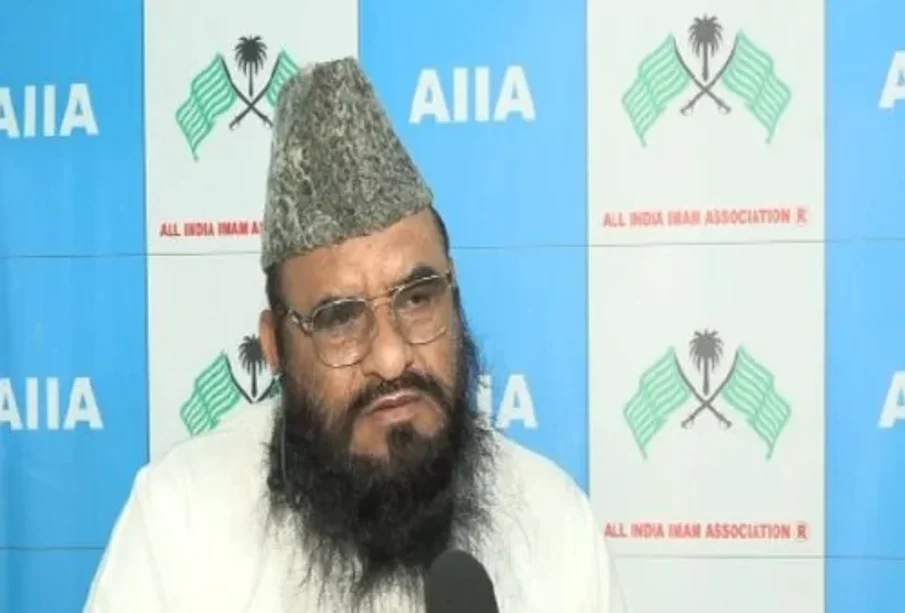Maulana Sajid Rashidi: Leadership and Influence in Islam

Introduction
Maulana Sajid Rashidi has emerged as a significant figure in contemporary Islamic leadership, particularly in India. His teachings and community outreach have resonated with a wide audience, fostering a renewed interest in Islamic principles amidst growing challenges faced by the Muslim community. Recent events highlight his efforts to bridge cultural and religious dialogues, making his influence increasingly relevant in today’s socio-political landscape.
Community Engagement and Initiatives
Maulana Rashidi has initiated several programs aimed at youth empowerment and education within Muslim communities. He believes in the transformative power of education, emphasizing the importance of modern learning combined with traditional Islamic teachings. His organization has launched various scholarship programs, workshops, and vocational training sessions, which have positively impacted numerous young lives.
Moreover, he has been actively involved in addressing issues pertaining to social justice and equality. Whether it’s through interfaith dialogues or community service initiatives, Rashidi’s approach aims to foster a sense of unity and collective responsibility. His recent seminars on the role of Muslims in Indian society have attracted participants from diverse backgrounds, showcasing his ability to engage with a broad spectrum of the population.
Recent Developments
In light of the upcoming elections and increasing socio-political tensions, Maulana Sajid Rashidi has been vocal about the need for political awareness and active participation among Muslims in India. He has urged the community to exercise their voting rights judiciously and to be informed about candidates’ stands on key issues affecting their lives.
Additionally, he has voiced concerns regarding communal harmony and urged leaders across the spectrum to work towards maintaining peace. His workshops on conflict resolution and tolerance have been particularly well-received, attracting youths eager to be part of positive change.
Conclusion
Maulana Sajid Rashidi’s role as an Islamic leader remains pivotal in a world where religious and cultural identities often clash. His initiatives emphasize the importance of education, unity, and social responsibility among Muslims. As we move forward, it is crucial for communities to support such leaders who advocate for constructive engagement and empowerment. The impact of Rashidi’s efforts may lead to a more informed and cohesive Muslim community, capable of navigating the complexities of modern society while staying true to their religious values.









